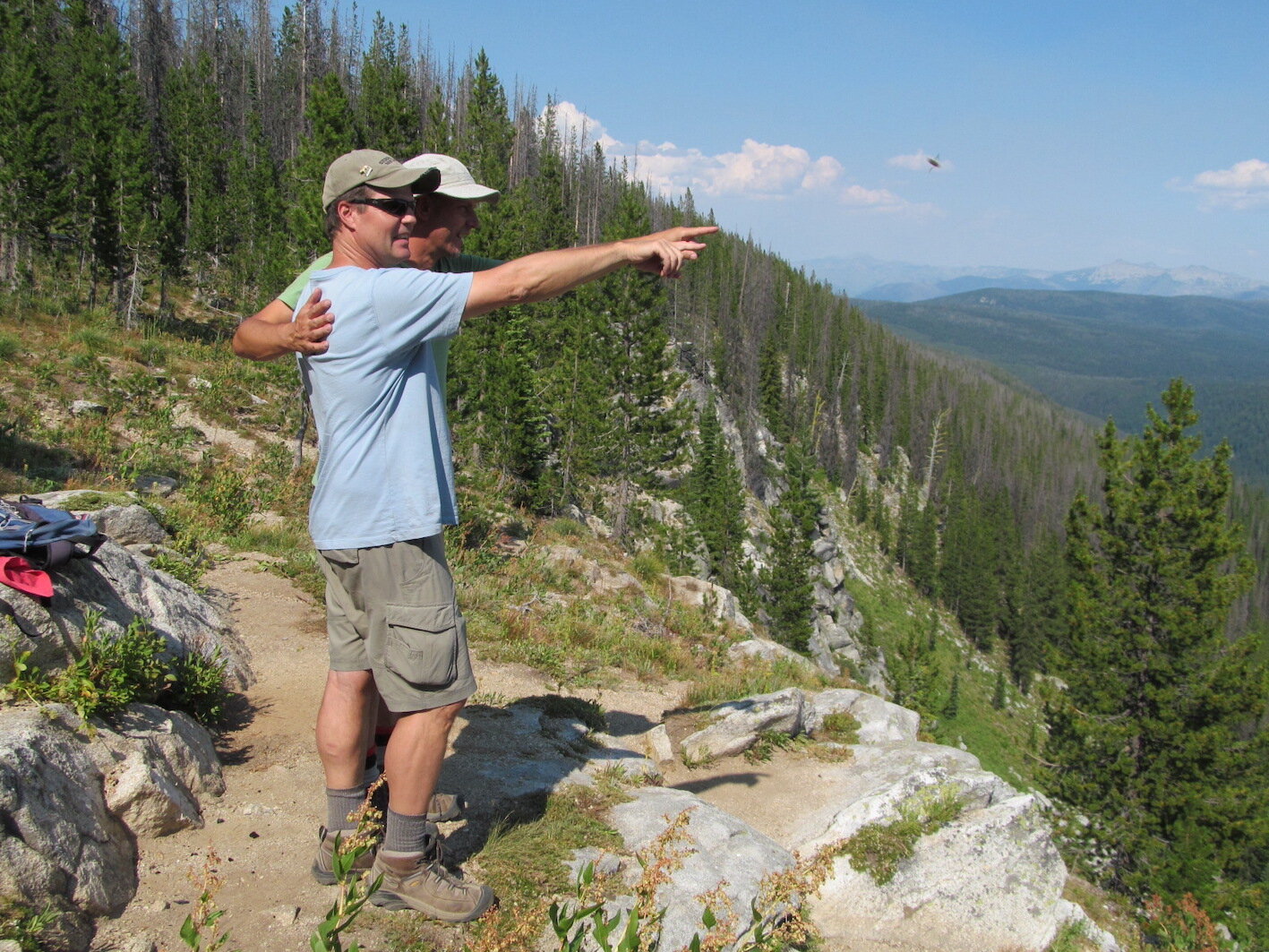In the intricate dance of preserving architectural heritage and embracing nature, Nick De Klerk demonstrates how biophilic design can breathe new life into existing structures, transforming historic spaces into vibrant, living environments that honour their past while addressing contemporary challenges. By reimagining buildings as interconnected ecosystems - much like a forest where every element plays a crucial role - Nick shows how sensitive restoration can create transformative spaces that reconnect people with nature, history, and community. In a world increasingly disconnected from nature, architects like Nick are pioneering a transformative approach to design that reconnects humans with their fundamental need for natural environments. "Access and proximity to nature are a basic human need," Nick emphasises, drawing from his childhood experiences growing up close to nature.
Biophilic design is about creating moments of awe, surprise and wonder. Nick describes these as "unexpected transitions" that take your breath away - moving from a constrained, dark space into a light-filled, plant-abundant area that immediately transforms your sensory experience. These moments of awe are critical, creating what he calls a "transformational experience" where people don't just occupy a space, but are fundamentally changed by it.
We also talk about how we can preserve Heritage while embracing nature. The key to sustainable design lies in respecting existing structures. "The greenest building is one that already exists," Nick quotes, highlighting Purcell Architects' philosophy of working with heritage buildings. Their approach isn't about wholesale replacement, but sensitive enhancement - improving thermal performance, integrating natural elements, and maintaining the building's historical character.
Read on and watch the interview….
















